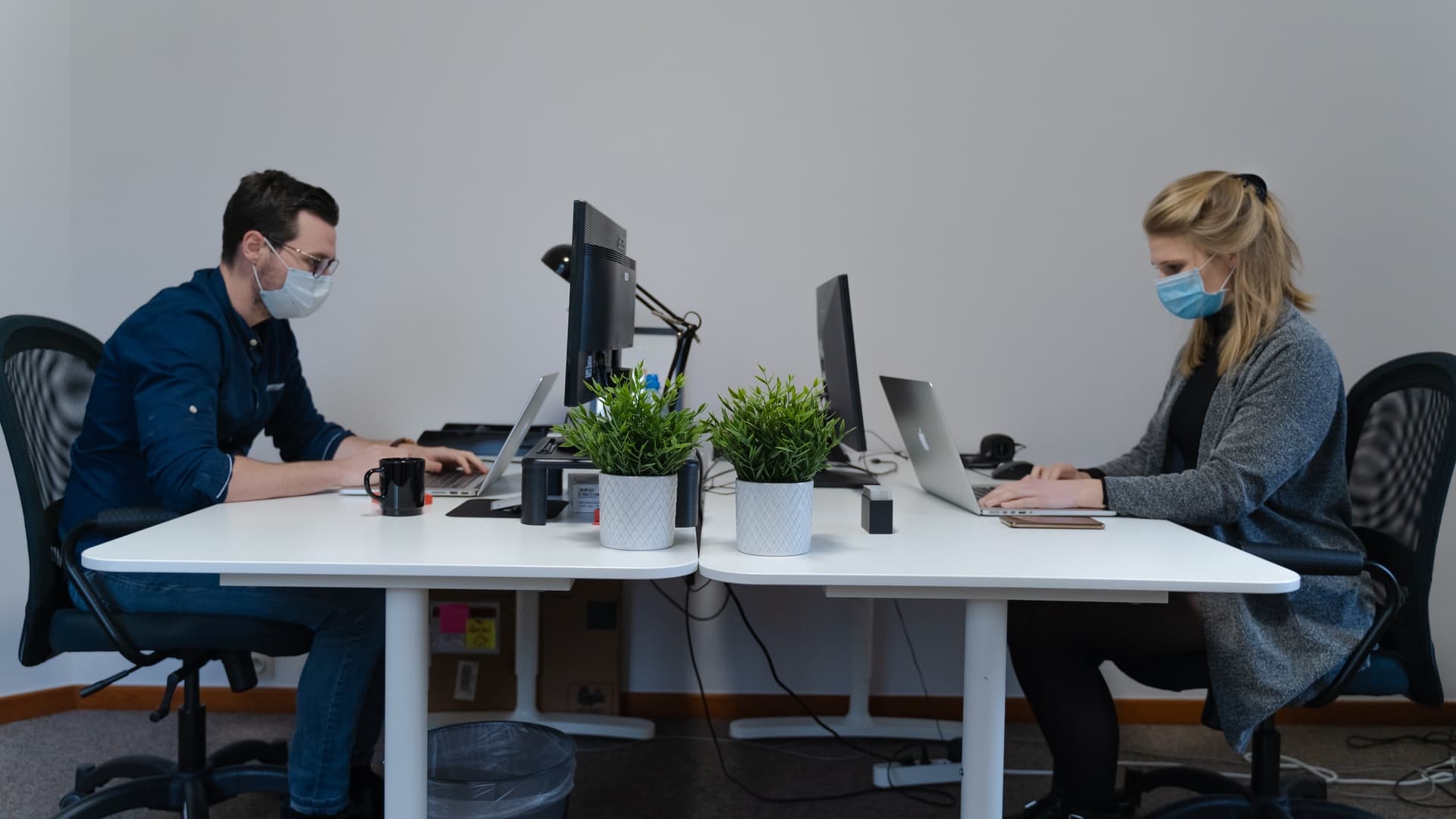
With the World Health Organisation declaring Coronavirus a pandemic and the Australian Government advise and regulations developing rapidly, this is a very unusual and uncertain time for small businesses and their employees.
Small businesses should consider employment laws in their management of Coronavirus and its effects on the workplace. We are constantly reviewing the latest developments and are able to assist businesses to ensure that they are balancing their employees’ health, safety, rights and entitlements with the businesses’ operational requirements.
Based on the latest Australian Government and Fair Work Ombudsman advice available as at 18 March 2020, the following table may assist you to deal with a range of situations that may impact your business:
An employee has coronavirus
Full-time and part-time permanent employees who are unable to work due to contracting the virus may utilise their paid sick leave accruals.
Full-time and part-time permanent employees are able to take further unpaid sick leave if they exhaust their entitlements.
Casual employees and contractors are not entitled to paid sick leave save for where an enterprise agreement or other arrangement between the employer and employee has been made.
An employee is caring for someone with coronavirus
Full-time and part-time permanent employees who are unable to work due to caring for someone who has contracted the virus may utilise their carer’s leave accruals.
Full-time and part-time permanent employees are able to take further unpaid carer’s leave if they exhaust their entitlements.
Casual workers are generally only entitled to two days of unpaid carer’s leave. However, if they have been in close contact with a person with coronavirus then an employer needs to consider their duty to ensure a safe workplace for other staff and may have the obligation to direct an employee to stay away from the workplace.
An employee has been in contact with someone with coronavirus and is in isolation for 14 days
If an employer believes a full time or permanent part time employee is at risk of having Coronavirus, they can ask that employee to stay home from work or to seek medical clearance from a doctor before returning to work.
In the above scenario, said employee would ordinarily be paid leave however this will need to be considered on a case by case basis. If said employee is able to work from home then the employer should direct them to work from home provided that they are not ill.
An employee has recently returned from overseas travel and is required to self-isolate for 14 days
If an employer believes a full time of permanent part time employee is at risk of having Coronavirus, they can ask that employee to stay home from work or to seek medical clearance from a doctor before returning to work.
In the above scenario, said employee would ordinarily be paid leave however this will need to be considered on a case by case basis. If said employee is able to work from home then the employer should direct them to work from home provided that they are not ill.
An employee wants to stay home as a precaution
An employer can make an assessment to direct employees to work from home if workplace health and safety considerations require same.
If working from home is not possible but an employer wants to direct a full time or permanent part time employee not to work but the employee is ready, willing and able to work, the employee is generally entitled to payment while they are directed to work from home.
The workplace needs to close temporarily
An employee can be stood down without pay if they cannot be usefully employed because of a stoppage of work for which the employer cannot be held responsible. This generally applies in circumstances such as bushfires. The Fair Work Ombudsman’s advice as at 18 March 2020 is that standing down without pay is not generally available due to Coronavirus. This may change.
At the current time, if you need to let employees go or reduce their working hours, normal laws around redundancy should be followed and the employee’s redundancy entitlements must be met.
It is important to be aware that this advice may change due to the rapidly developing situation.
Our office is continuing to operate with an emphasis on avoiding in person contact with clients wherever possible to help keep people safe and to help control the spread of Coronavirus.
Please contact our office to discuss if your workplace has been affected by Coronavirus and you require advice dealing with same. We are here to assist you during this difficult time.
_____
The content of our news articles are provided for information purposes only and do not constitute legal advice. We recommend that you seek professional legal advice for your specific circumstances.
Recent Articles
News Categories





